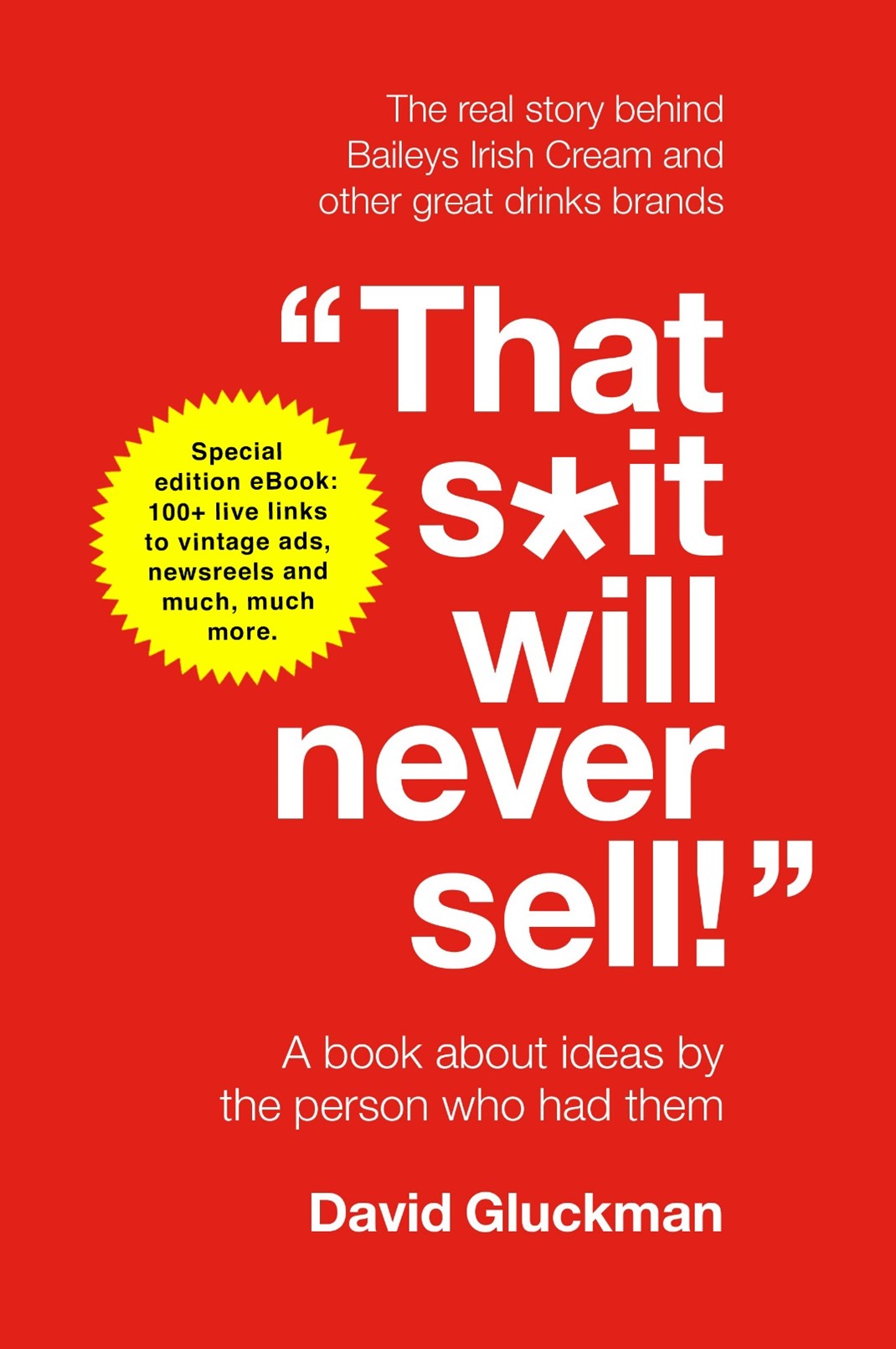
The product is everything
Having spent a lifetime creating brands, much of my time in recent years has been spent advising young startups about their ventures. Sometimes it’s interesting, even rewarding, but on other occasions it can be very difficult.
I remember being approached by someone who had developed a new snack brand. It purported to be wholesome and nutritious. I’m sure it was. It was also very expensive. I wasn’t sent any product ahead of a Zoom call, so in a fit of generosity, I splashed out £12 on a pack which was about 3 times the price of stuff I normally buy.
For me, and members of family and friends, the candidate product tasted ordinary. It was bland and had the flavour of cardboard and given the price, it was a total no-no. When I spoke to the brand owner and said what I thought, the response was close to apoplectic. The brand owner was looking for praise which I couldn’t honestly provide.
So, for any young startups approaching old stagers like me, be careful what you wish for. I always try to be as helpful and constructive as I can be, but if I genuinely feel that what someone is doing is not going to work, the responsible thing is to say so.
During my career creating new brands, which stretches back 55 years, I set myself two targets. The first involved salespeople and retailers. If you’re creating any new brand, you must consider the person who will be selling it to retailers.
Selling to a crowded retail environment can be a very challenging assignment. The chances are that the retailer has a whole lot of products in the category you are entering, and you’ll need a very strong story to carve a niche for your brand.
You have to offer something that is not available with other brands. And it must make sense.
I had a load of assignments like that during my career. Back in 1990, we were asked to develop a premium Smirnoff to compete with Absolut in the US. At that time, Smirnoff over there was seen as a ‘pile it high, sell it cheap’ vodka. It had no status.
I compared the task of building a credible premium Smirnoff to getting a Michelin star for a KFC outlet. It was that tough!
The conclusion was that the only way that Smirnoff could compete with Absolut was by offering a BETTER VODKA. A better product.
And it had to be a sale in the mouth, not in the mind. Nobody would believe the story unless it delivered when they tasted it. And that was especially challenging in a category where the law stated that products must be colourless, odourless, and flavourless.
But we did it. We found a new word for vodka. Smooth. And we set ourselves the task of beating Absolut in blind taste-comparison on that dimension. We asked consumers to taste two vodkas neat without knowing what they were. And in 9 cases out of 10 our product (Smirnoff) beat the competitor (Absolut) because it was perceptibly smoother.
And tasters volunteered that conclusion based on their own experience.
Smirnoff Black, as it was branded, never quite fulfilled our expectations. But that’s another story.
My other test was ‘the man sitting next to me in the bar’. Imagine you’ve just created a new gin brand. You’re in a bar sitting next to someone you’ve never met before.
You get chatting and he offers to buy you a drink. He asks for a Gordon’s & Tonic and you ask for a Tanqueray Ten. He’s not come across that brand and asks why you’ve ordered it. Surely one gin is much like another, he thinks.
“Ah!” you say “Good question. I was a confirmed vodka drinker until a friend introduced me to Tanqueray Ten. I was originally put off by gin’s bitter, almost dirty taste. But Tanqueray Ten is different.
“It’s made with fresh botanicals: fresh juniper, coriander, grapefruit, and lime. Not the dried stuff. And it has a much cleaner, fruitier taste than any other gin. Try it and see for yourself.”
So, in both those cases, and these were tough markets in which to innovate, the product was the thing. We had products that were perceptively different. And ‘better’ for a significant number of consumers.
In each instance we had a strong story to tell the salespeople to pass on to retailers or bartenders. A powerful reason for them to stock our brands.
And the man on the bar stool was able to make a powerful pitch to the man sitting alongside him.
 Put simply, ‘smoother vodka’ and ‘fresher, cleaner-tasting gin’.
Put simply, ‘smoother vodka’ and ‘fresher, cleaner-tasting gin’.
The product was everything.
In 2017, David Gluckman published his best-selling book “That s*it will never sell!”

